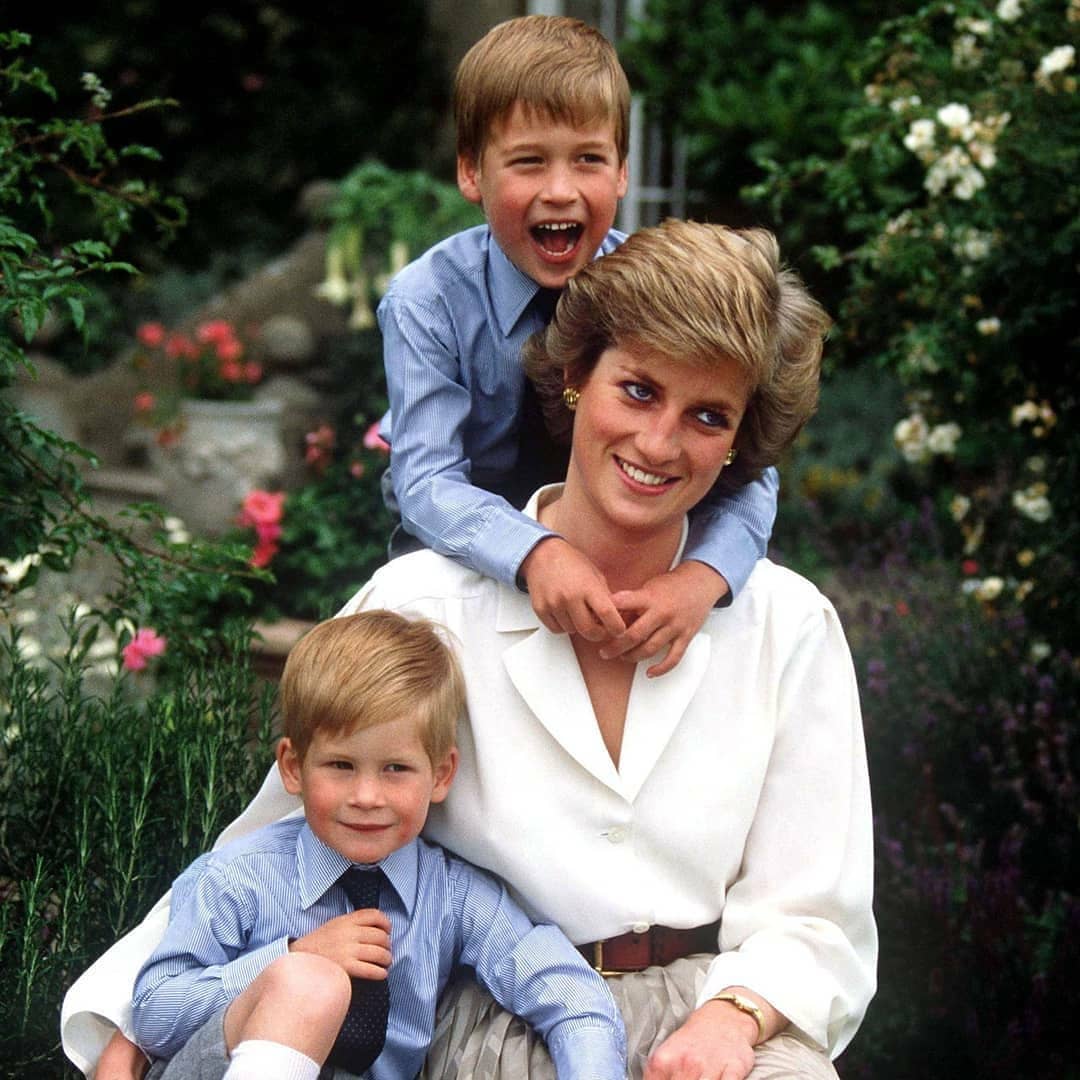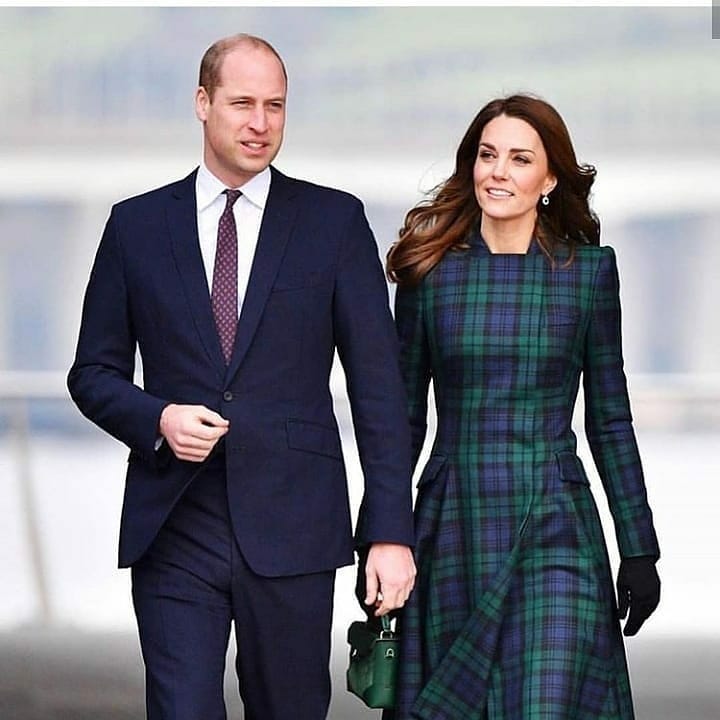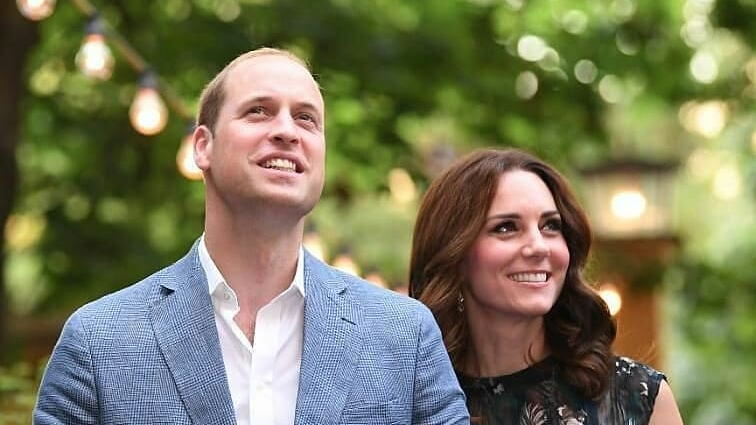Prince William’s ITV Documentary: Can We End Homelessness?
Prince William's two-part ITV documentary "We Can End Homelessness" showcases his ongoing commitment to tackling homelessness, an issue he has long been passionate about. Through the Homewards initiative, which aims to make homelessness "rare, brief, and unrepeated," Prince William aims to transform how the UK approaches this complex issue. The documentary provides an insightful look into the real lives of people experiencing homelessness, offering both personal stories and innovative solutions for lasting change.
The Homewards Initiative: A Vision for Change
Homewards, piloted in six regions across the UK, is a bold new initiative designed to prevent homelessness and provide sustainable support for those at risk. With an initial funding of £500,000 from the Royal Foundation over five years, the initiative focuses on community-based solutions tailored to the specific needs of each area. Its goal is not just to help people off the streets but to address the systemic issues that contribute to homelessness, making it a more rare and short-lived experience.
Central to Homewards is a commitment to Housing First, a model introduced from Finland that provides stable housing before addressing other challenges such as mental health, addiction, and employment. This model has been shown to work effectively by offering long-term stability, which ultimately helps individuals regain independence.
Related: Heir to a Fortune: Prince William’s Net Worth in 2025 Leaves Royal Fans Stunned
While Prince William’s role as a royal undoubtedly brings attention to the issue, the Homewards initiative’s success will depend on its ability to scale and produce tangible outcomes. The documentary offers viewers a glimpse into the challenges ahead and emphasizes the importance of systemic change.
Prince William’s Personal Commitment to Homelessness
Prince William has been involved in homelessness issues for years. His documentary marks a significant step in his continued advocacy for the homeless, but his commitment goes much deeper. In 2005, he took over the patronage of Centrepoint, the UK charity that supports homeless people aged 16 to 25, a role that was initially held by his late mother, Princess Diana. This was the first patronage Prince William assumed, and it marked the beginning of his focus on youth homelessness.

Centrepoint provides not just shelter but also critical support services aimed at helping young people rebuild their lives. The charity addresses issues such as mental health, addiction, and education, with the goal of empowering homeless youth to achieve independence. Prince William has maintained a close connection to Centrepoint over the years, raising awareness and supporting fundraising efforts to ensure that the charity can continue its vital work. His involvement with Centrepoint directly informs his broader work on the issue of homelessness, grounding his public advocacy in long-standing personal engagement with the sector.
Inside the Documentary: Prince William’s Engagement with Homelessness
Throughout the documentary, Prince William engages with both the individuals experiencing homelessness and the professionals working on the frontlines to address the issue. He visits various organizations and meets with people who have lived through the challenges of homelessness, listening to their stories and learning about the support systems in place. This level of direct engagement is a key feature of the documentary, as it offers a more personal and empathetic view of homelessness.
One of the most compelling moments of the series is when Prince William meets Safiya Saeed, the founder of Reach Up, a youth group in Sheffield. Saeed’s dynamic approach to working with young people at risk of homelessness stands out in the show, as she provides guidance and mentorship to those who may feel disconnected from society. Her interactions with the teenagers, full of humor and tough love, offer a refreshing look at how community-based programs can help prevent homelessness before it even begins.
Additionally, Sabrina Cohen-Hatton, who overcame homelessness herself at the age of 15, now serves as Chief Fire Officer for West Sussex Fire and Rescue Service. Cohen-Hatton is featured in the documentary as she investigates possible models that could be used by Homewards, including Housing First. Her personal experience with homelessness brings a level of authenticity to the discussions about the importance of housing stability.
Related: Sammie Mcfarland: From a Lifestyle Start-Up to a Charity Scale-Up
Related: Anna Kendrick Donates All Proceeds from “Woman of the Hour” to Charity
Challenging Assumptions: Dismantling Stigmas Around Homelessness

A key theme of the documentary is challenging the stigmas and stereotypes surrounding homelessness. Prince William emphasizes the need to break down the societal assumptions that often demonize people experiencing homelessness. By humanizing the issue and focusing on the structural causes of homelessness, the documentary seeks to foster greater empathy and understanding.
One poignant example is a visit to a mother, Yusia, who faces eviction despite working multiple jobs to support her five children. The documentary highlights how homelessness is not just about those living on the streets but also about families and individuals facing housing instability due to economic hardship. Yusia’s story underscores the importance of preventative measures, such as affordable housing, that can stop people from falling into homelessness in the first place.
Prince William’s openness to discussing the complexities of homelessness—such as the role of mental health, addiction, and housing affordability—is an important aspect of the documentary. The prince recognizes that homelessness is not simply a matter of individual failings but is deeply connected to systemic issues such as lack of affordable housing, poverty, and inadequate mental health care.
Public Reaction: Can a Royal Make a Difference?
While Prince William’s royal background may have led some to question whether he truly understands the struggles of homelessness, the documentary reveals his genuine commitment to making a difference. Critics have often raised concerns about the privilege of royals engaging with social issues, but in this case, Prince William seems determined to ensure that the conversation about homelessness goes beyond charity and into long-term, actionable solutions.
The Homewards initiative has sparked important conversations about the role of influential figures in driving social change. Prince William’s willingness to use his platform to raise awareness and encourage collaboration between communities, charities, and governments is a positive step forward. However, as the documentary highlights, ending homelessness will require more than just raising awareness—it will require a collective effort to create lasting solutions.
A Royal Mission to Tackle Homelessness
Prince William’s involvement in the Homewards initiative and his focus on homelessness are commendable, particularly given his longstanding role as patron of Centrepoint. His personal connection to the issue, coupled with the launch of this ambitious new initiative, shows that he is serious about using his position to create meaningful change.
The documentary "We Can End Homelessness" offers a thoughtful and honest exploration of the complexities surrounding homelessness. While the initiative is still in its early stages, it provides a platform for discussing the long-term solutions needed to address homelessness at its roots. Prince William’s approach—blending compassion, collaboration, and a willingness to learn—could be the catalyst for greater societal change in the fight to end homelessness.
As the documentary wraps up, the question remains: can the efforts of one royal make a significant difference? Prince William’s commitment, paired with the support of experienced professionals, has the potential to create a ripple effect that could lead to real, lasting change. If Homewards succeeds, it could serve as a model for how to effectively combat homelessness in the UK and beyond, demonstrating that with collective action and innovative thinking, homelessness can indeed be rare, brief, and unrepeated.
Prince William's initiative, Homewards, is a commendable effort to tackle homelessness with long-term solutions. His personal commitment to addressing the systemic causes, along with his strategic collaboration with experienced professionals, provides a strong foundation for success. By championing the Housing First model and focusing on community-driven approaches, this project has the potential to change how homelessness is approached in the UK. The documentary helps shed light on the human side of the crisis, ensuring that these efforts are not just theoretical, but grounded in the realities of those affected.












